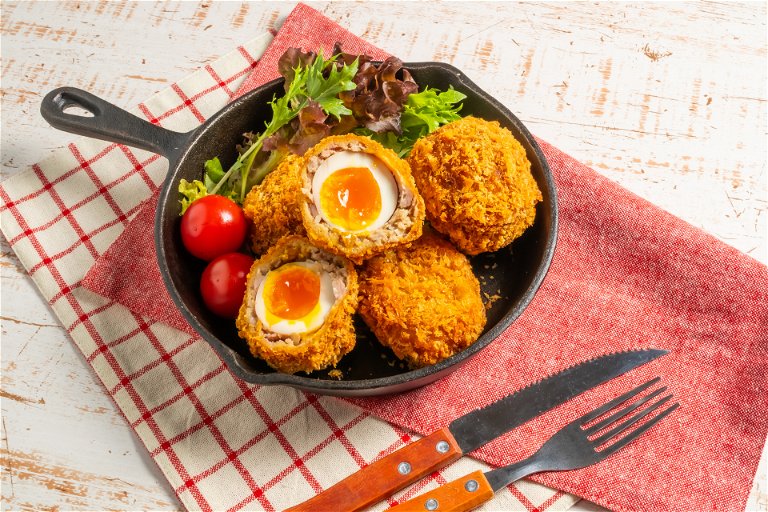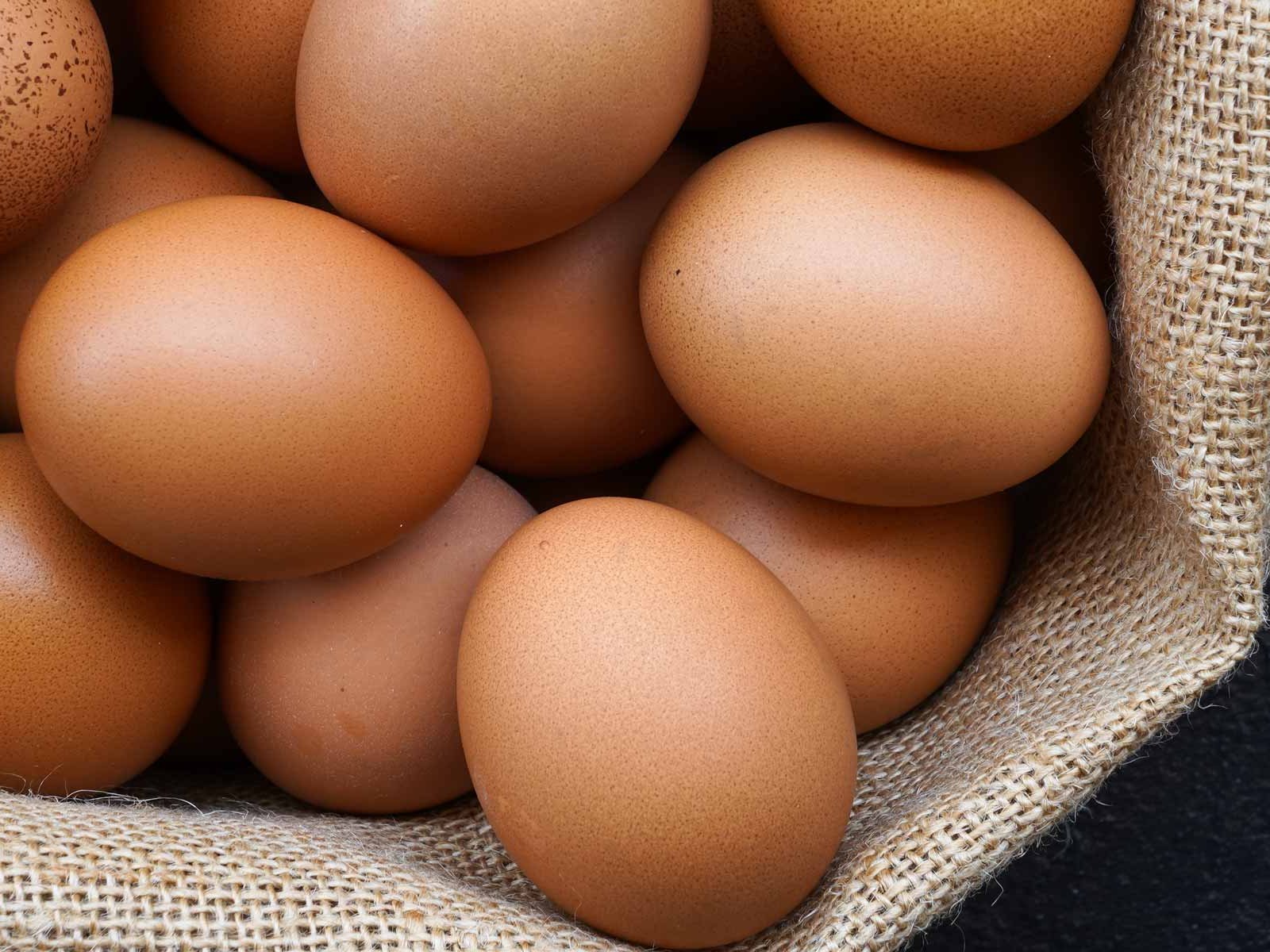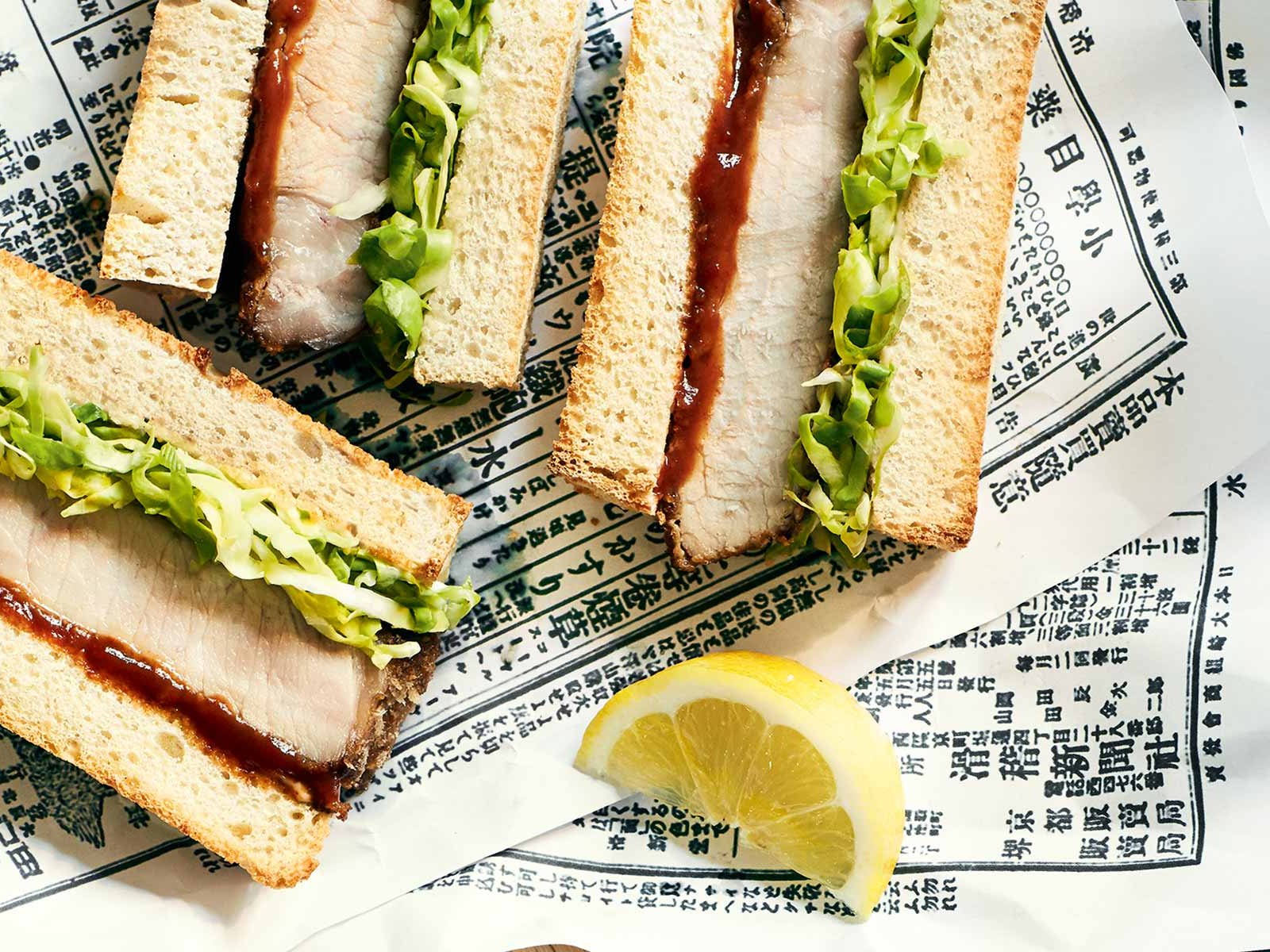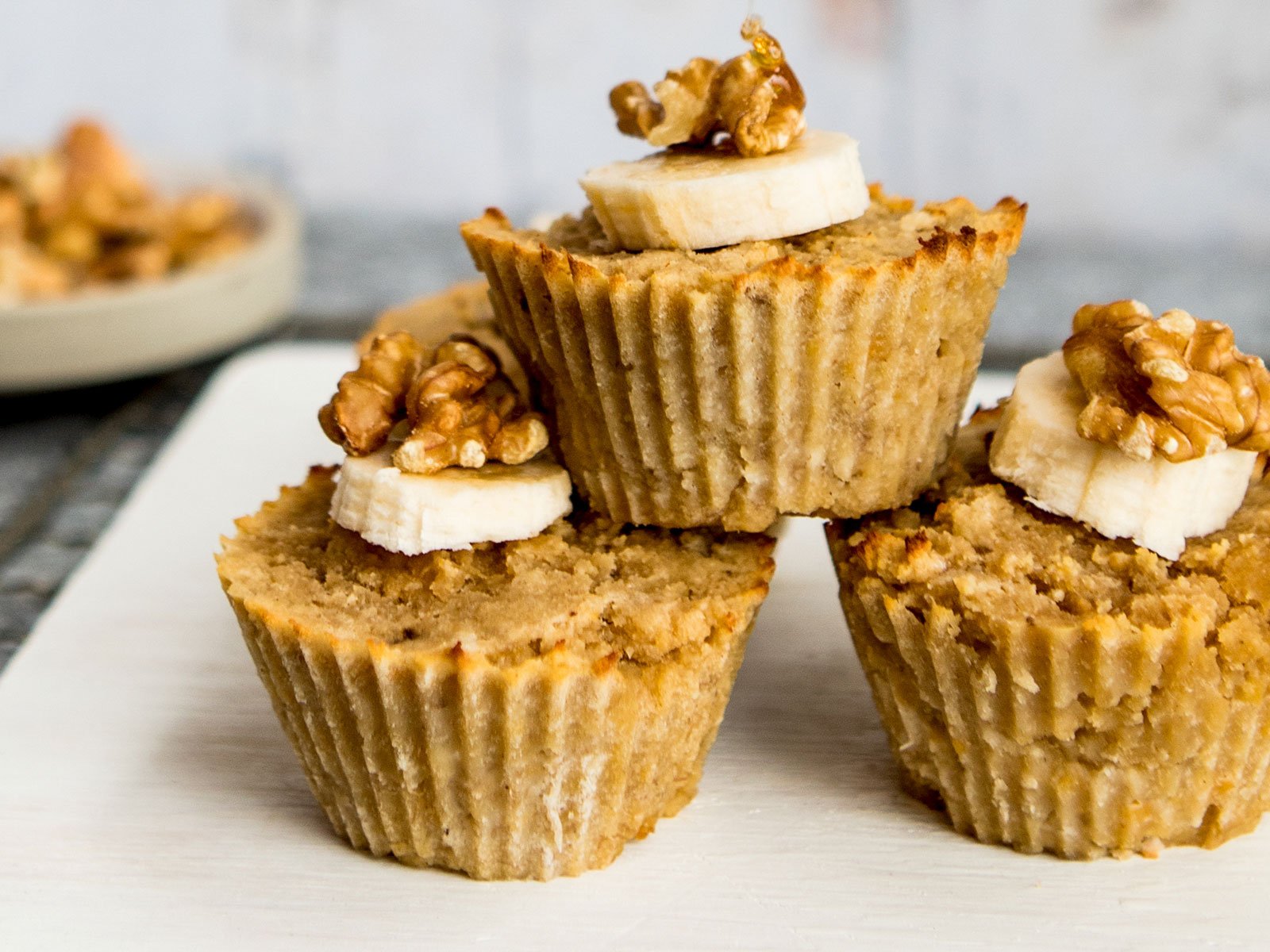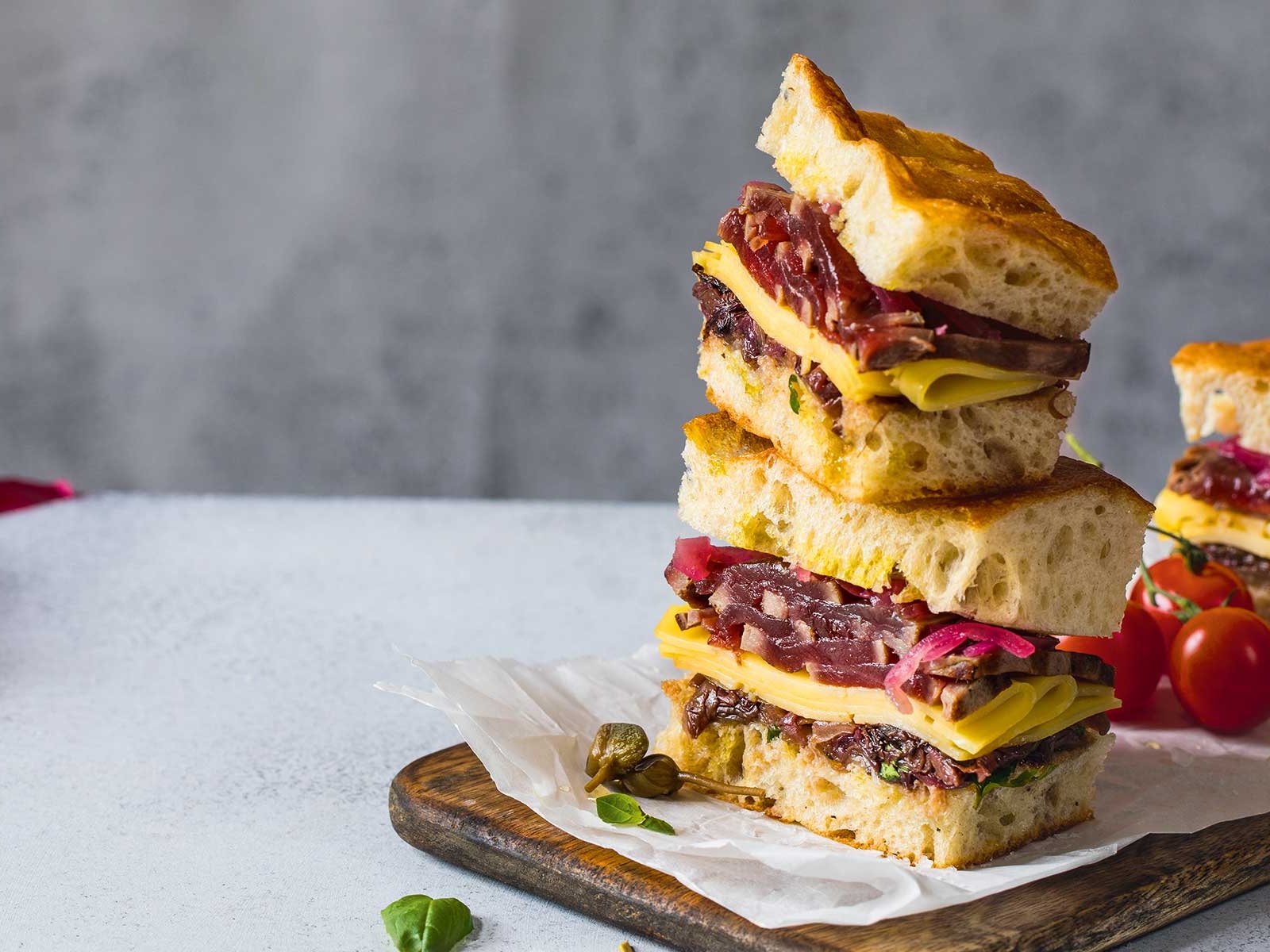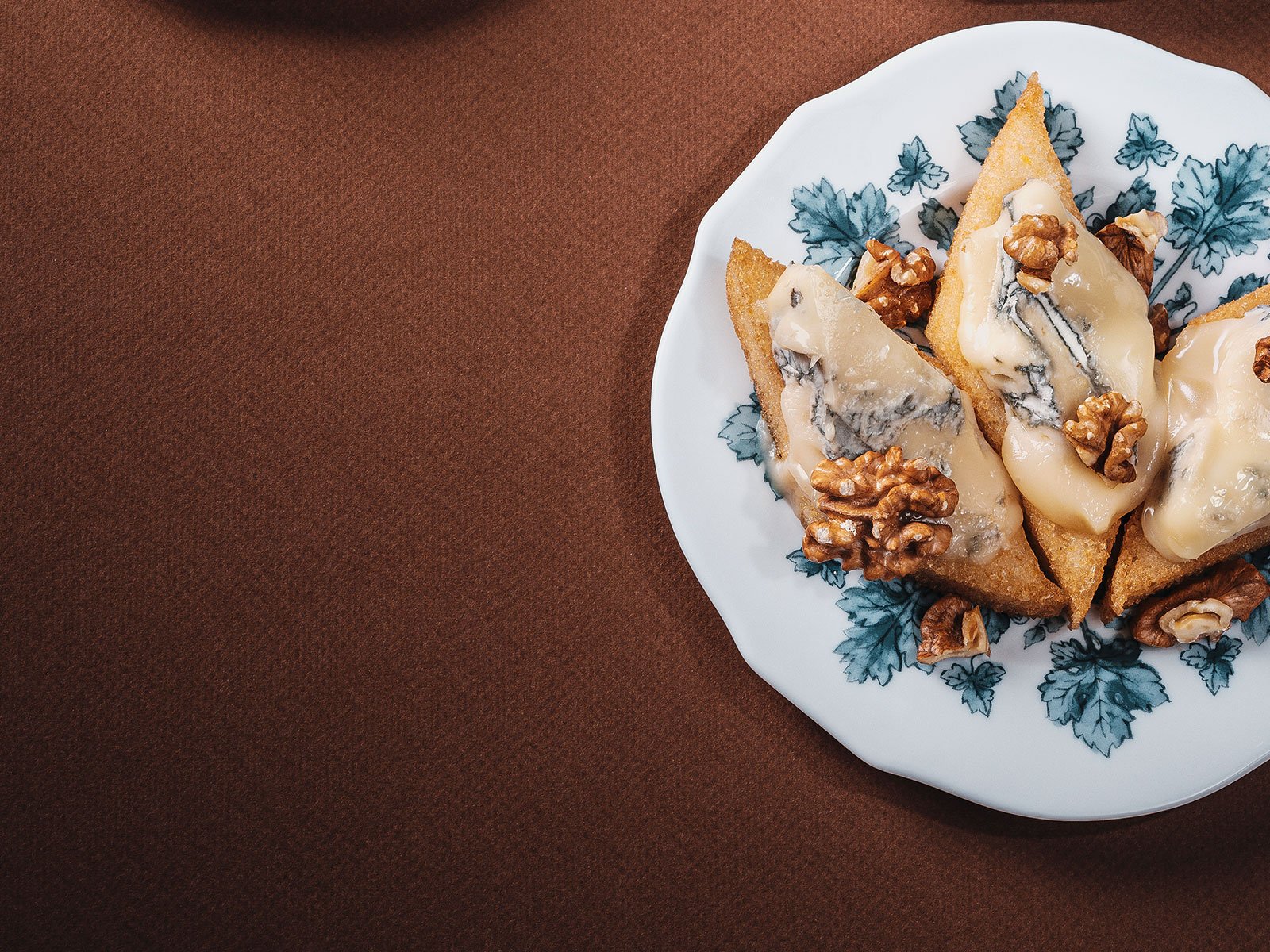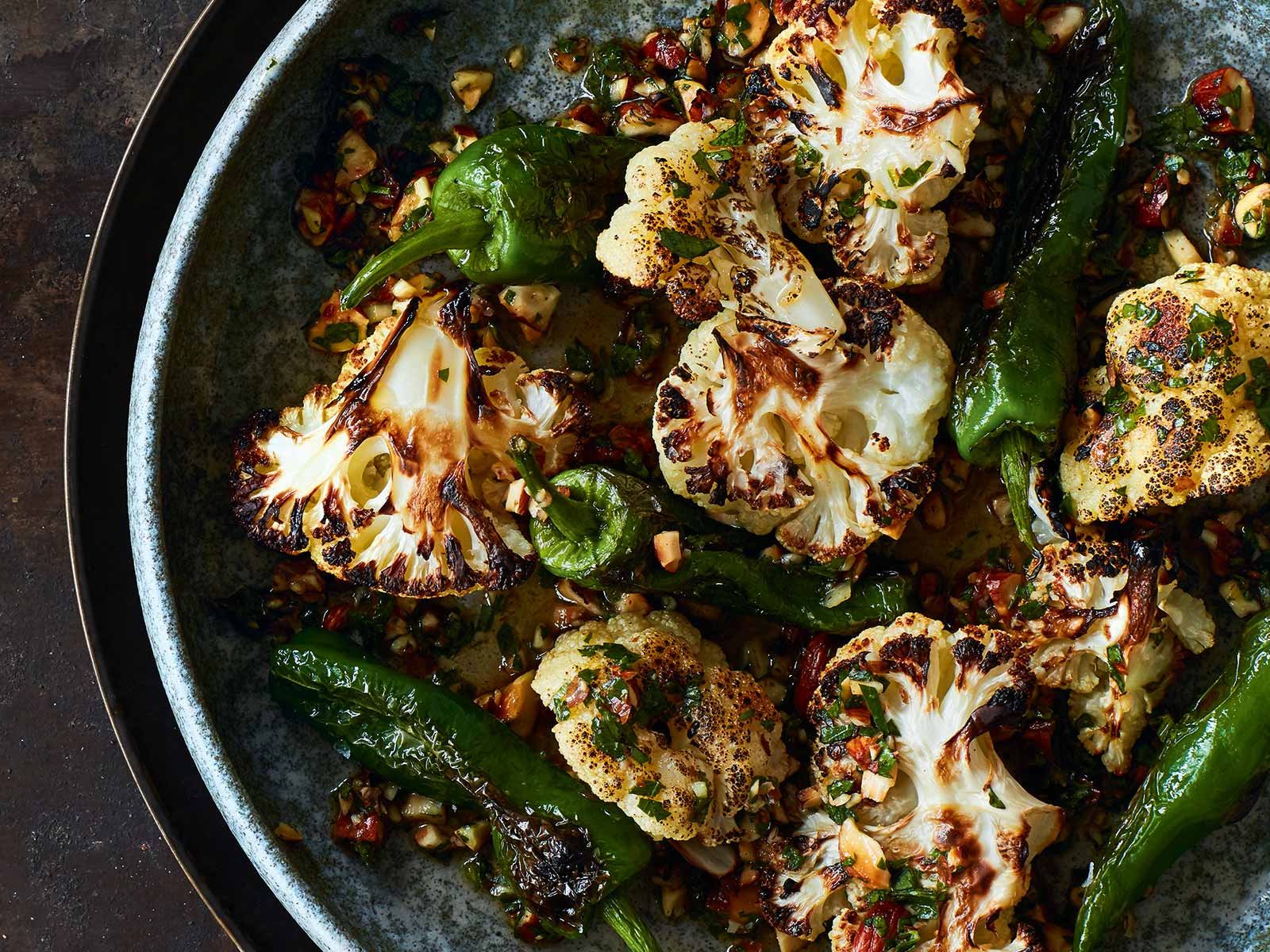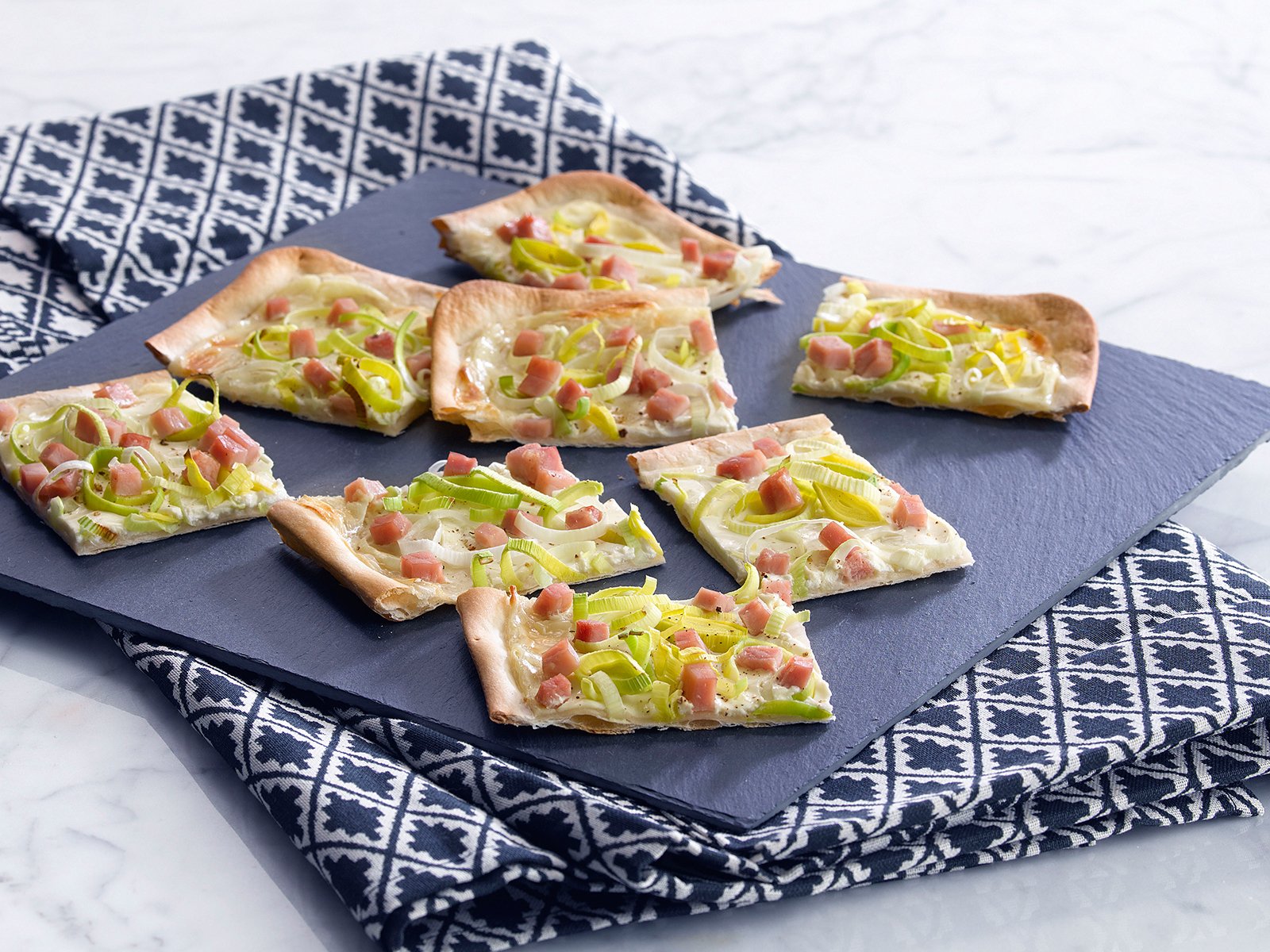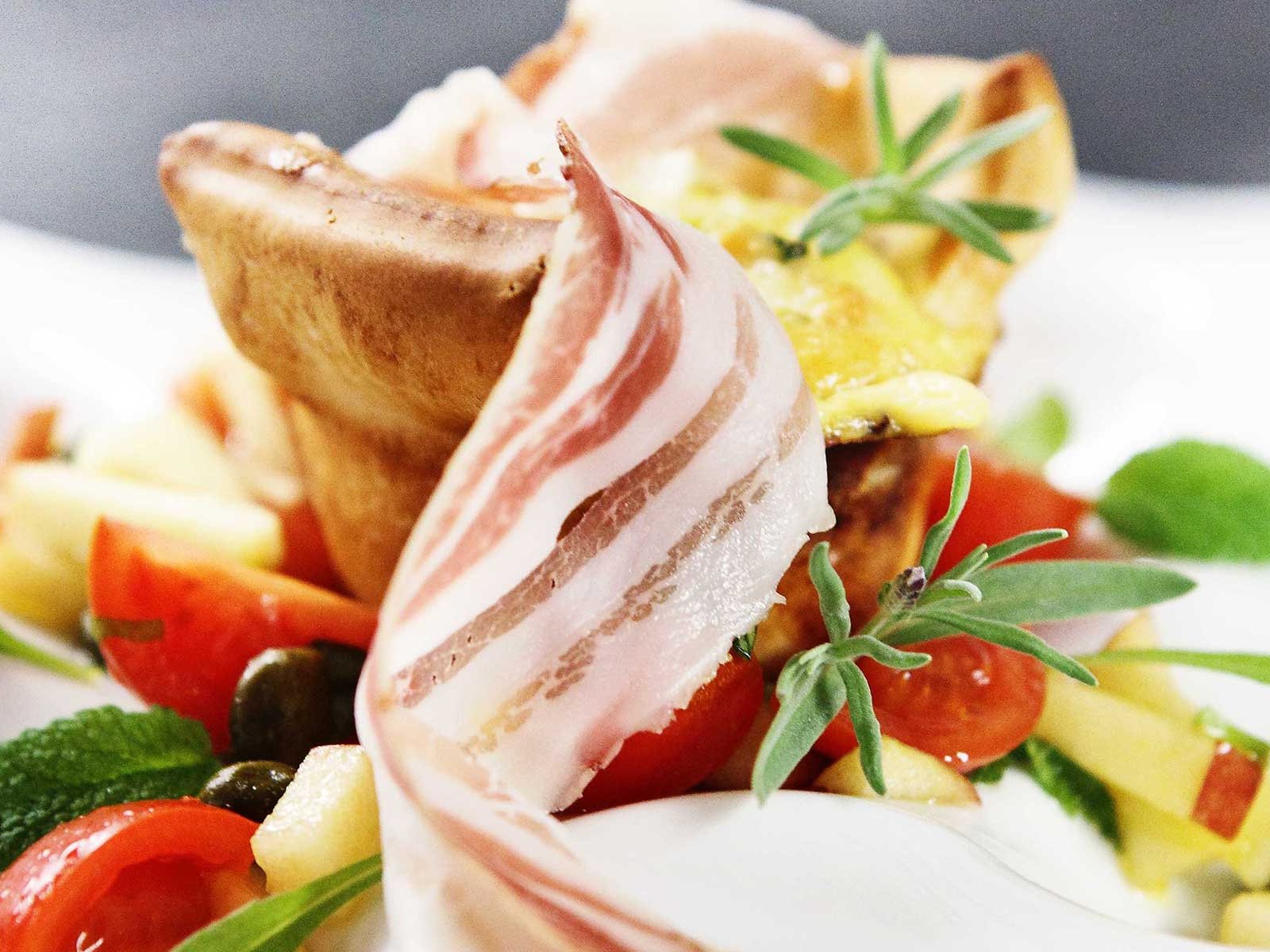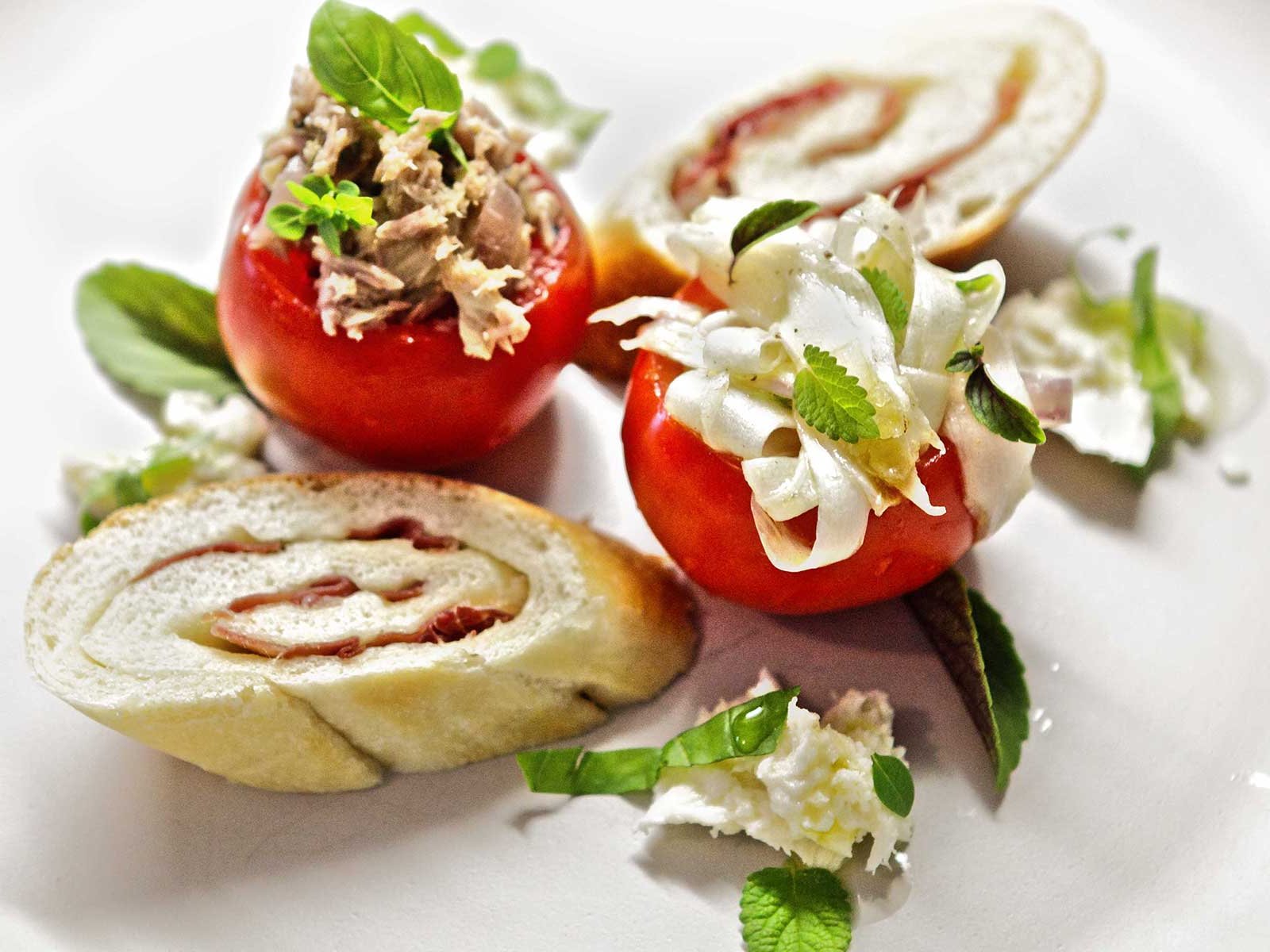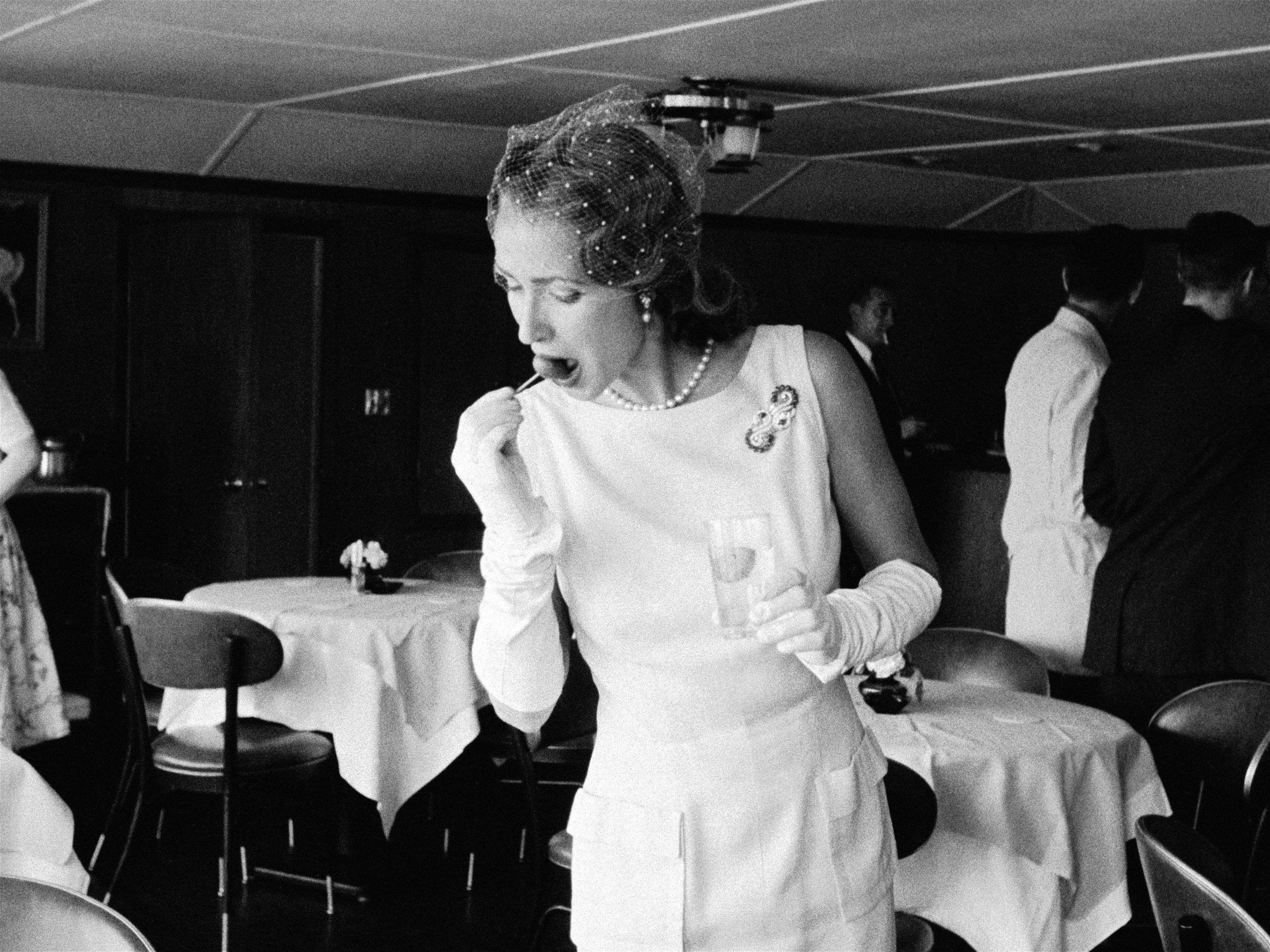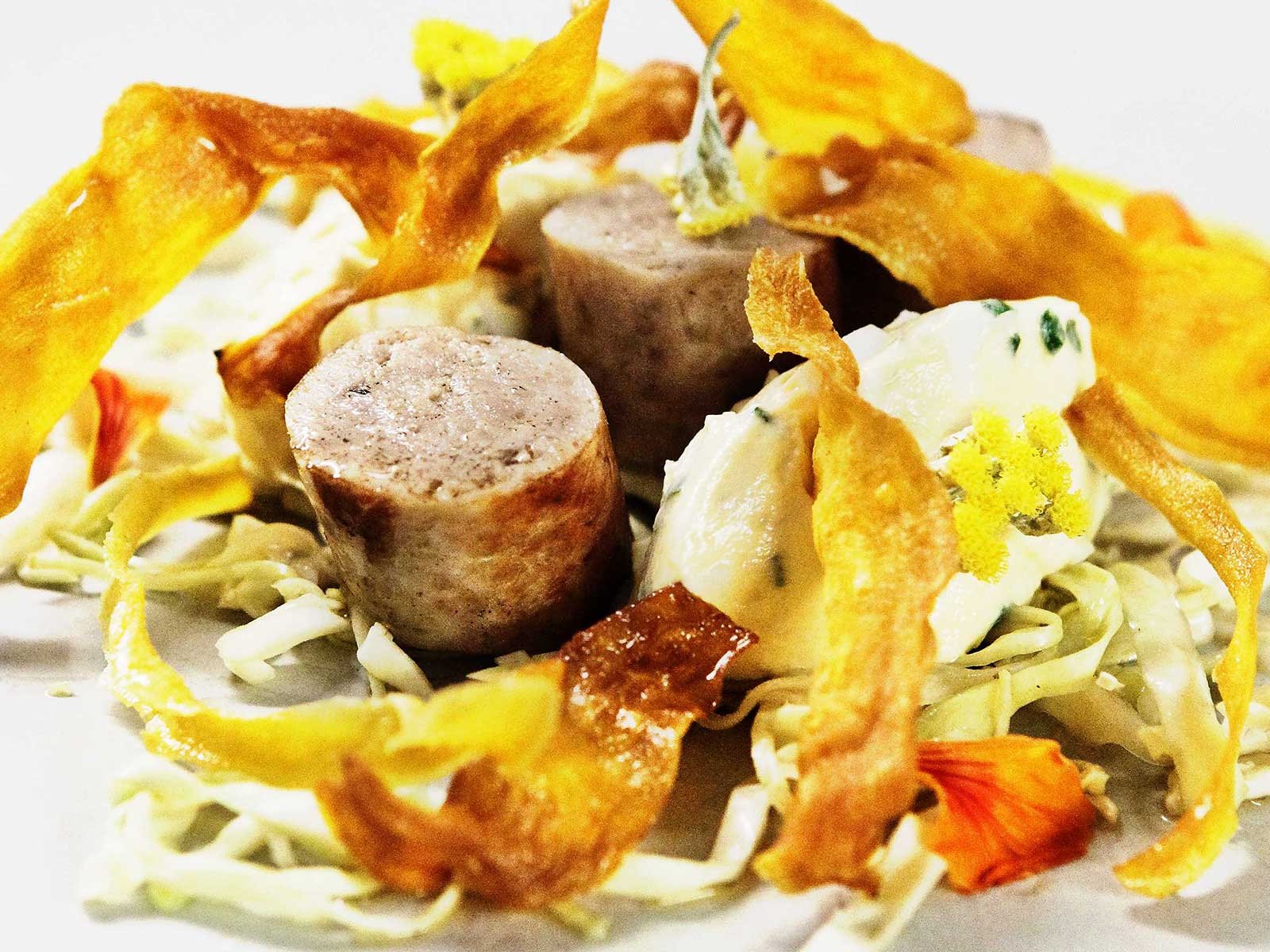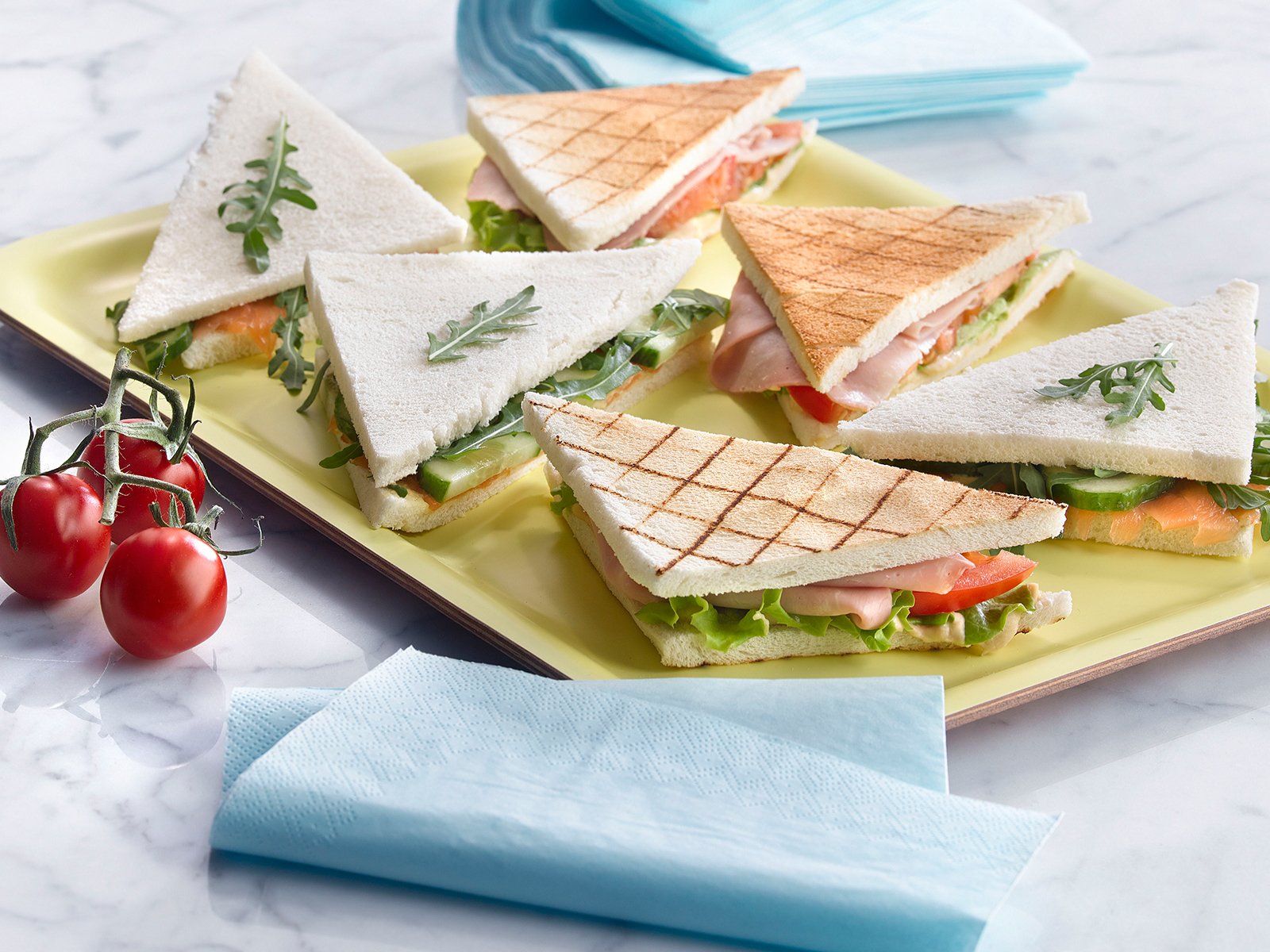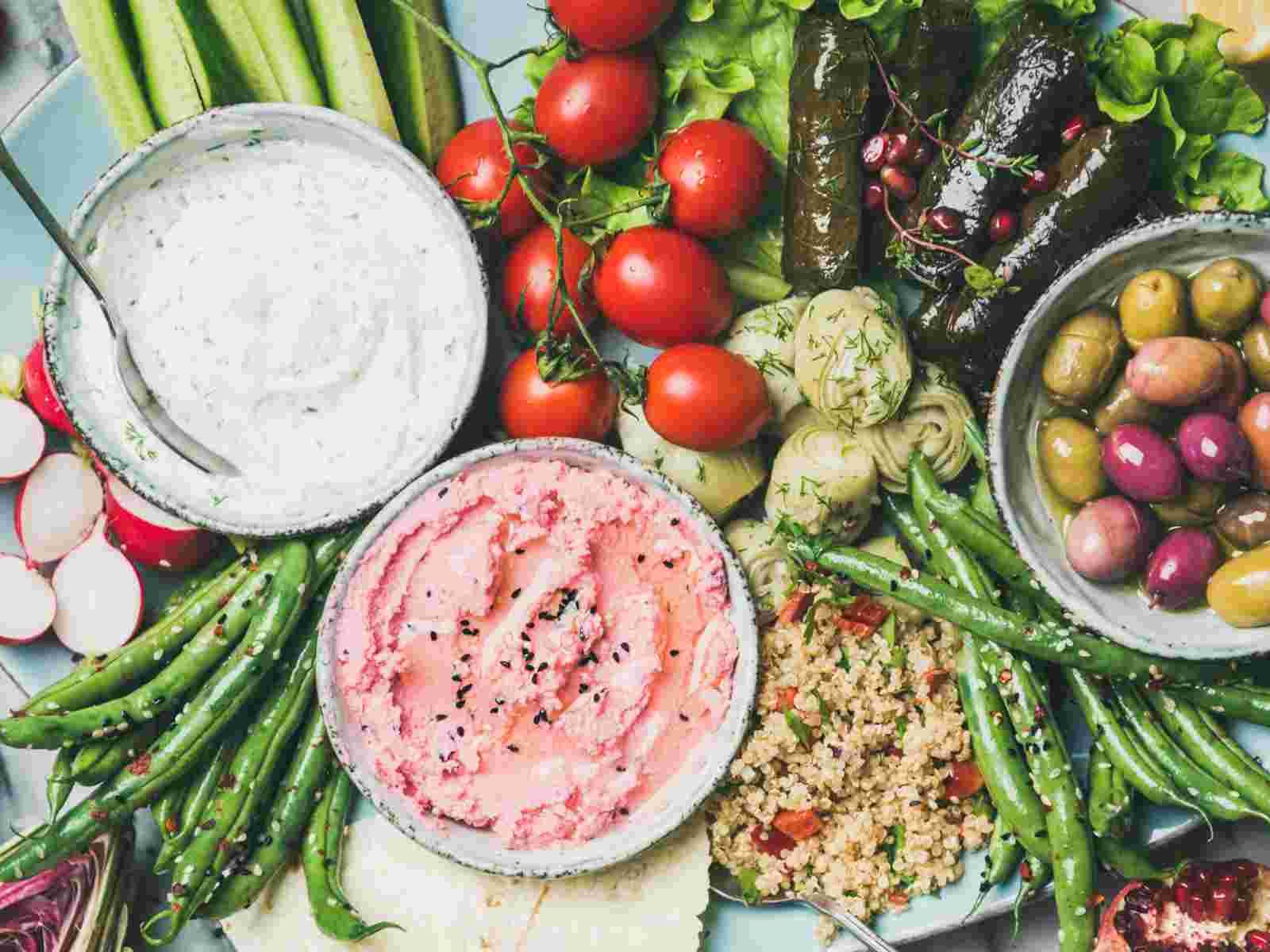Corti's Kitchen Note: Scotch Eggs
Wrapped in spicy sausage meat and coated with crispy breadcrumbs, Scotch eggs can be enjoyed hot or cold.
In his elegant standard work The Oxford Companion to Food, British kitchen historian Alan Davidson describes Scottish cuisine as being completely independent of English and, in many respects, much more influenced by French culinary art.
Davidson dates the beginning of this connection remarkably early, to the 12th century, when the Scottish and French joined forces in the Auld Alliance against the common enemy England and henceforth formed close cultural ties. This ancient political and culinary alliance is now under some strain given the new political trading map and as the UK comes to terms with operating outside of the EU.
Scotch eggs may be the best-known speciality associated with Scotland, along with porridge, haggis and the unrivalled delicious wildfowl of the Highlands. Whether they are actually of Scottish origin, however, is less certain, but does it really matter? Whether hot as a delicious snack in the pub or cold for a picnic, which the English are known to have brought to particular perfection: It is impossible to imagine everyday life in Britain without soft eggs coated in sausagemeat and breadcrumbs and deep fried until crispy.
Variations of Scotch eggs
It's quite an ingenious idea to conceive of the egg as a perfectly wholesome food and, to increase its desirability, to wrap it in meat and cook it until crispy. By all accounts, it began as a cold marching ration for army officers. But the Scots supposedly didn't come up with it themselves, they just copied it and cleverly developed it. Indian Mughlai cuisine has known for centuries a dish called Nargisi Kofta, for which eggs are wrapped in spicy lamb mince and stewed in yoghurt-curry sauce. Deep-fried to a crisp, they began appearing in cookbooks as Scotch eggs in Britain in the second half of the 18th century. Britain had been trading with India since 1608, so perhaps there should be no surprise at this influence.
Traditionally, Scotch eggs are combined with piccalilli, a spicy mustard sauce with crunchy pickled vegetables, but they would also taste good with a vinaigrette of capers, fresh herbs and anchovies. The variations are many, and the island's cooking greats have long since rediscovered the Scotch egg as a contemporary snack or sophisticated starter: TV star and renowned chef, Hugh Fearnley-Whittingstall, wraps the eggs in black pudding and serves them with a chive mayonnaise. Jamie Oliver combines his Scotch eggs with mature cheese and pickled onions, whilst Gordon Ramsay wraps them in minced venison and serves them alongside homemade chutney.
In Cornwall, where the sea is blessed with an enviable abundance of seafood, there is a version that recommends chopped prawns instead of meat as a coating — in which case a squeeze of lemon is all that is needed to make this picnic delight perfect.
